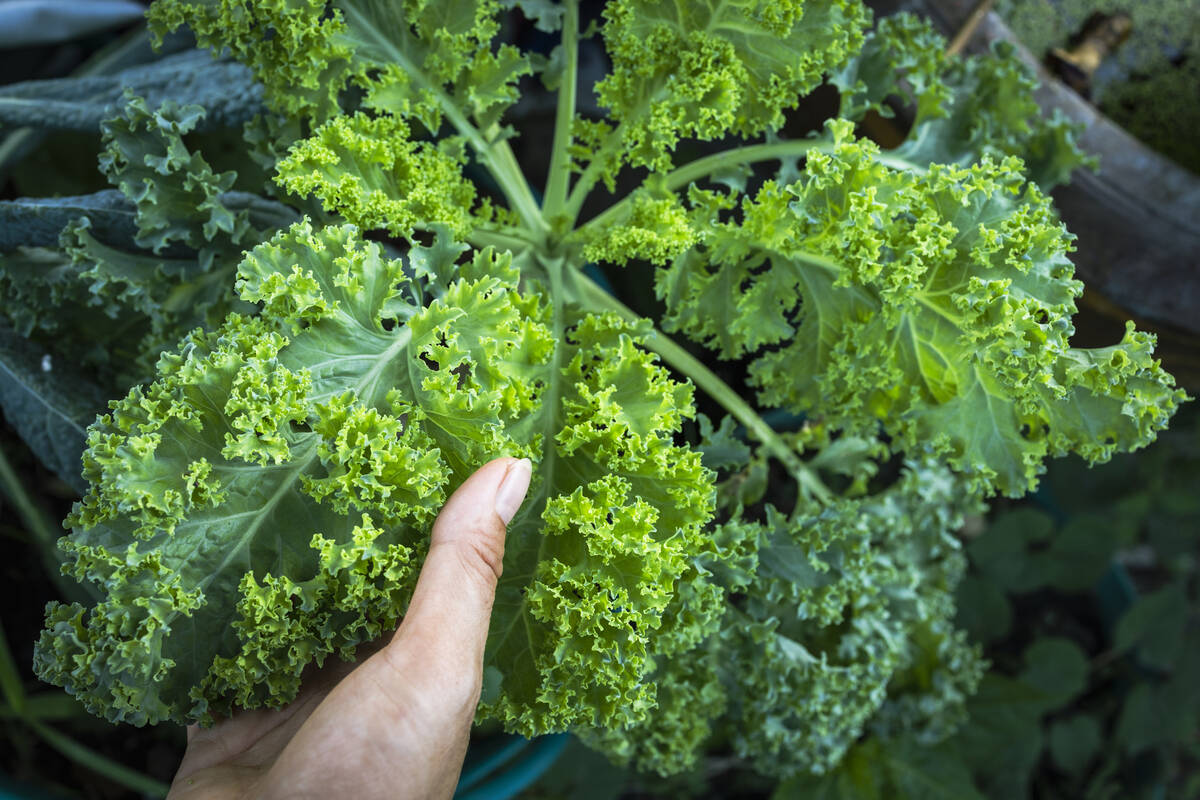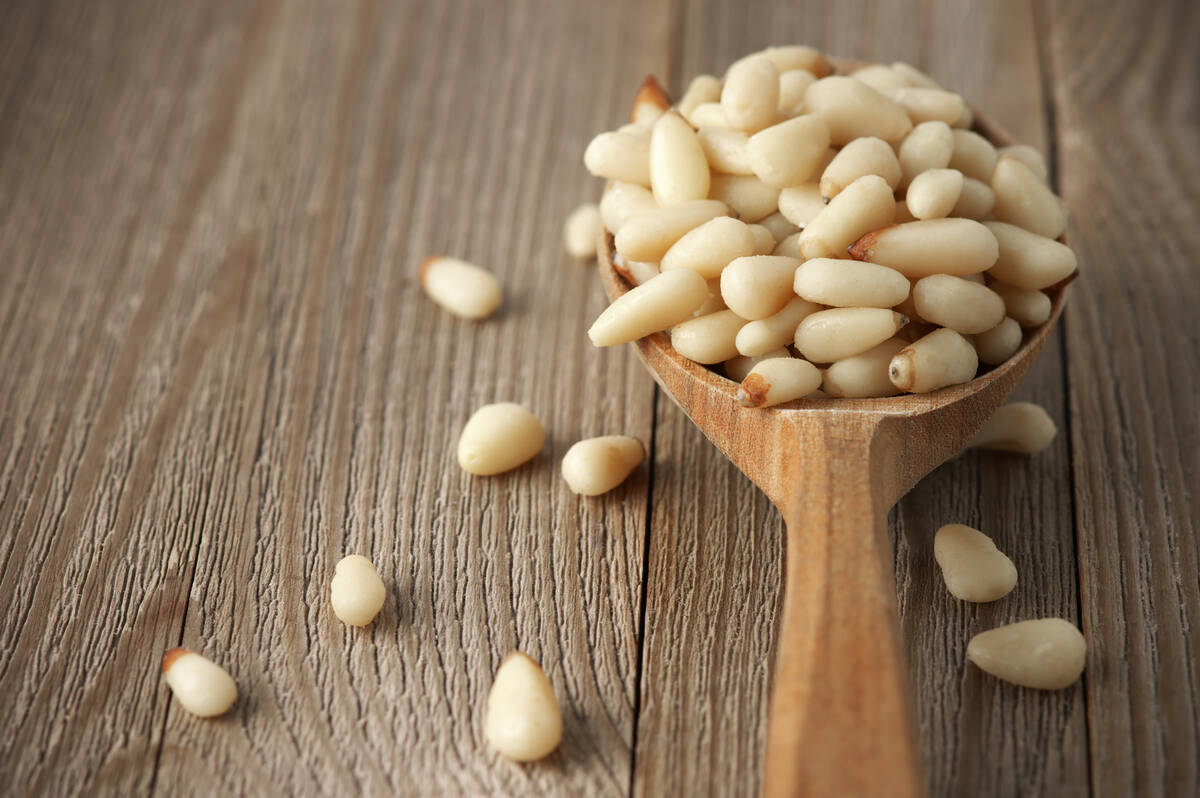10 vitamin K-rich foods to eat for healthy bones
Everyone knows that a balanced diet full of vitamins and minerals is key to a healthy lifestyle. But you seem to hear about some vitamins more than others — like how vitamin C can boost your immune system and vitamin D helps build healthy bones. Well, vitamin K is equally important. It aids in blood clotting and helps with bone formation.
Vitamin K is a group of compounds. The two most common compounds are vitamin K1, also known as phylloquinone, which is found in leafy green vegetables, and vitamin K2, or menaquinone, found in meats, eggs and cheeses. Vitamin K is a fat-soluble vitamin that the body stores in the liver and other bodily tissues, such as the brain, bones and heart.
While vitamin K is available in supplement form, nutritionists and health experts recommend increasing your intake of vitamin K-rich foods.
What are the benefits of vitamin K?
Vitamin K is best known as the “clotting vitamin,” since it plays an essential role in clotting blood, says Anna Taylor, a registered dietitian with the Cleveland Clinic’s Center for Human Nutrition.
“Prothrombin is a protein in plasma that helps the blood clot,” she explains. “This protein is dependent on vitamin K to function. The blood will take longer to clot for people with a vitamin K deficiency, leading to bruising and bleeding problems.
The vitamin is also essential for bone metabolism. Adequate vitamin K intake, along with calcium and vitamin D, supports bone health. Taylor says not getting enough vitamin K could lead to osteoporosis.
10 vitamin K-rich foods
Vitamin K is fat-soluble, meaning it’s best absorbed by the body when consumed with fat, Taylor says. “For people trying to boost their vitamin K intake, include a little healthy fat — such as salmon, nuts or olive oil (which contain vitamin K themselves) — in the same meal as your leafy green vegetables.”
Adequate intake of vitamin K is 120 micrograms a day for men and 90 mcg for women. Here are 10 foods that are rich in vitamin K:
1. Natto
This Japanese dish made from fermented soybeans is an excellent source of vitamin K, Taylor says. Just 3 ounces contain 850 mcg of the vitamin. Research shows that regularly consuming natto offers bone health benefits in elderly men.
2. Collard greens and turnip greens
Leafy green vegetables contain the highest levels of phylloquinone, or vitamin K1. Half a cup of boiled collard greens contains 530 mcg of vitamin K, while half a cup of boiled turnip greens contains 426 mcg. Stir a few handfuls of these greens into a soup to up your nutrient count.
3. Spinach
One cup of raw spinach contains 145 mcg of vitamin K. Spinach contains a wealth of other nutrients, too, such as potassium, vitamin C and iron. Use this leafy green as a salad base or saute it as a side for a nutrient boost.
4. Kale
Kale is another leafy green to add to your diet to increase your vitamin K levels. A cup of raw kale will give you 113 mcg of the vitamin.
5. Broccoli
Whether you’re steaming, stir-frying or roasting it, broccoli will add a vitamin K boost to any meal. Half a cup of boiled broccoli contains 110 mcg of vitamin K. Be sure to include the stems and leaves with the florets for an extra dose of phylloquinone.
6. Soybeans
Soybeans are another great source of vitamin K. They’re also rich in protein and fiber, and a good source of omega-3 fatty acids. Half a cup of roasted soybeans contains 43 mcg of vitamin K, and half a cup of frozen edamame has 21 mcg.
7. Soybean and canola oils
Since vitamin K is a fat-soluble vitamin, sauteing greens in soybean or canola oil, which also contains vitamin K, can dramatically increase your nutrient intake. Another option is to toss a salad in a dressing made from these oils. A tablespoon of soybean oil contains 25 mcg, and a tablespoon of canola oil has 10 mcg.
8. Olive oil
Olive oil is a healthy fat that can increase your body’s absorption of vitamin K when paired with other foods rich in the vitamin, such as broccoli or kale. One tablespoon of olive oil contains 8 mcg of vitamin K.
9. Pine nuts
Pine nuts are a rich source of vitamin K. An ounce of pine nuts contains 15 mcg. Other nuts, such as cashews, are also good sources of vitamin K.
10. Lettuces
Romaine, butterhead lettuce, and green and red leaf lettuce offer 100 mcg to 126 mcg of vitamin K. This equates to most of your daily value of the vitamin. So, think about adding a side salad to most of your meals.






















